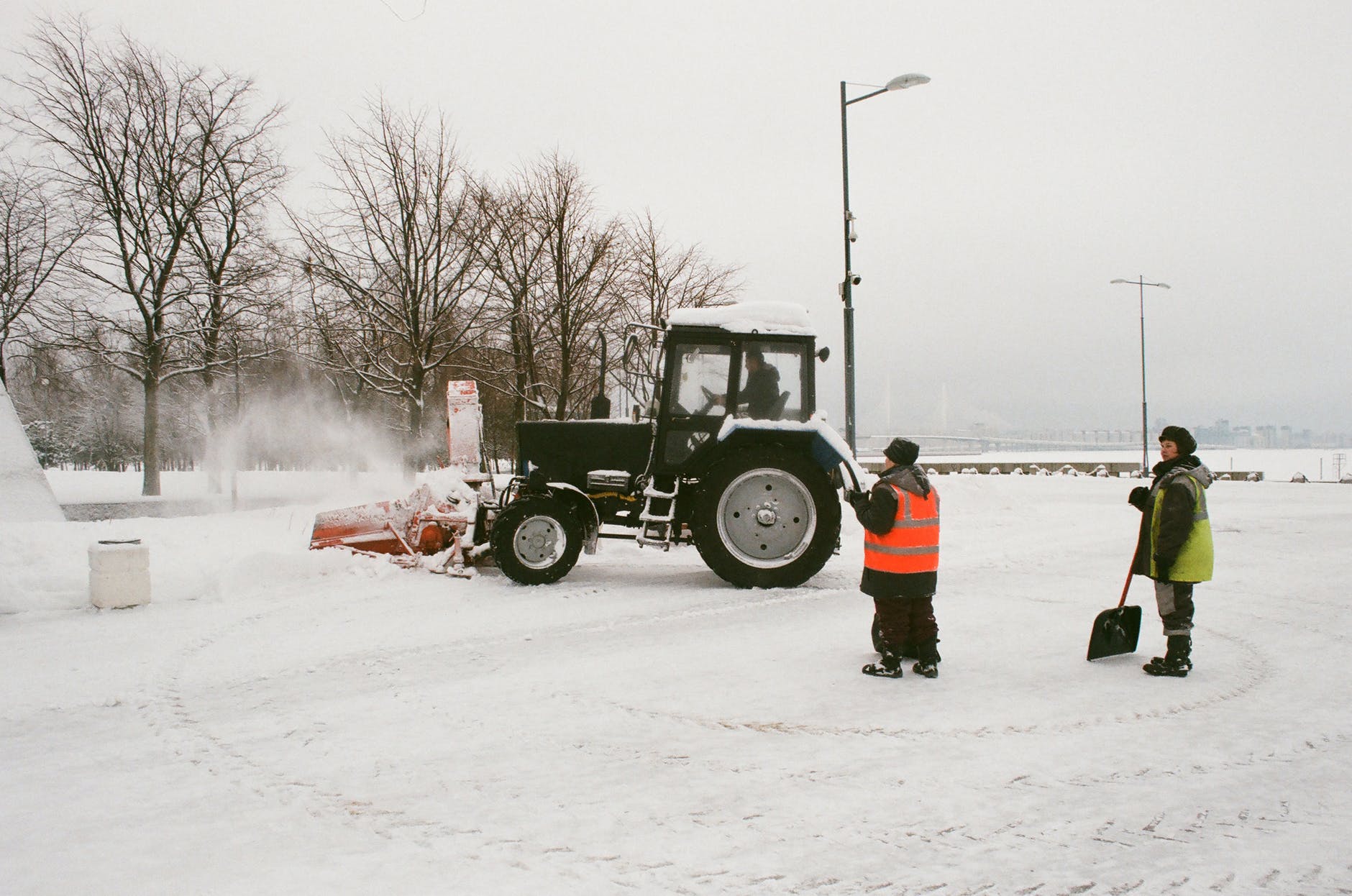There is often an increased possibility of falling sick during winter. There are also a lot of other health risks that are specific to colder seasons of the year. Below are possible hazards you may experience this winter.
Colds and Flu
Colds and Flu are easily the most prevalent risks that come with winter. This is due to t cold temperatures assisting the common virus known as rhinovirus, to multiply. This virus gets into your nose and multiplies quickly. Its spread is also assisted by the fact that people stay mostly inside when it is cold. This increases the likelihood for it to spread from person to person. Similar to the common cold, the influenza virus can spread rapidly during cold climates.
Risk Of Heart Attacks
It has been witnessed by medical practitioners that the number of recorded cases of heart attacks increases during winter. The reason for this is because a 2-degree drop in temperature can make the blood vessels become narrower. This can result in decreased blood flow to the heart and as a result, a reduction in oxygen. If the heart does not get it’s needed supply of oxygen, it can lead to a heart attack.
Frostbite
Frostbite happens when hands and feet are exposed to intense cold. It can cause severe pain in your fingers and toes.
Ageing Skin
Due to dry air caused by winter as well as the lack of rain, there is a reduction of moisture of the air. Dry air can increase the possibility of ageing and wrinkling as moisture will evaporate quicker.
Injuries
It is important to realise that the opportunity for injuries may increase due to the cold weather. You could slide on a snow-wet floor. The roads are also present a greater risk for driving on during winter as snow reduces the traction between your tires and the road surface.It is extremely vital that you do not shy away from the probability of these things happening.
However, it is possible to overcome the risk of becoming ill or injuring yourself due to cold weather. Here are five tips to reduce the possibility of ill-health to a minimum.
1. Wash Your Hands Frequently

Prevent the spread of most germs by washing your hands. As simple as it sounds it makes a great difference. Using a good soap and clean water will help diminish the rate at which a cold virus multiplies.
In addition to frequent and thorough hand washing, you should ensure that you limit touching your nose, mouth or face. The common cold virus easily finds its way to the nose in cold climates.
2. Wear Protective Clothing

It is advised that you do not expose yourself to the harsh elements during winter. Your priority throughout this time should be keeping yourself warm. Wear thick sweaters, gloves and socks. You can also use head warmers. This will also help to prevent frostbite.
3. Get Enough Restful Sleep

Did you know that sleeping helps to boost your immune system? Getting enough sleep will help reinforce your immune system and strengthen it in the fight against cold and flu. Don’t forget that your bedding matters too. Sleeping on a comfortable mattress and using a good pillow according to your preferred sleeping position helps a great deal. If you are a person who prefers to sleep on your stomach or back, you will require a flat pillow, however, if you sleep on your side, then thicker pillows may be better suited to you.
4. Continue To Workout

When you exercise, your body warms up. Your increased heart rate improves blood circulation. This is one significant way you can stay healthy during winter. The risk of having a heart attack is considerably reduced as more oxygen is carried to the heart. The warmth generated in your body during a workout also aids blood vessels to stay open. It is impossible to get frostbite when your hands and feet move frequently.
Jog, walk, run, CrossFit, hit the gym, the choices are endless just ensure that you regularly exercise.
5. Improve Your Diet

A part of keeping your immune system in prime condition, it is recommended that you eat foods that strengthen your immune system and stay healthy. Although it can be tempting to go for the sugary treats, make sure that you reduce their intake.
Milk, fruits and vegetables will strengthen your immune system. You will discover that they provide the essential vitamins needed for your body to fight cold viruses.
6. Lower The Risk Of Injury

You can do this by:
• Salting areas where snow may cause you to slip and fall. Salt reduces the melting point of snow causing it to easily melt.
• Wearing body-protecting gear when skiing, skating or surfing.
• Take care to ensure that you have the correct footing when walking.
7. Use A Humidifier

Humidifiers are exceptional in keeping indoor air moist. The lack of moisture contributes to ageing skin as well as worsening cough or cold. Having a humidifier will support you in maintaining the moisture level of your room and help you to stay healthy this winter.



